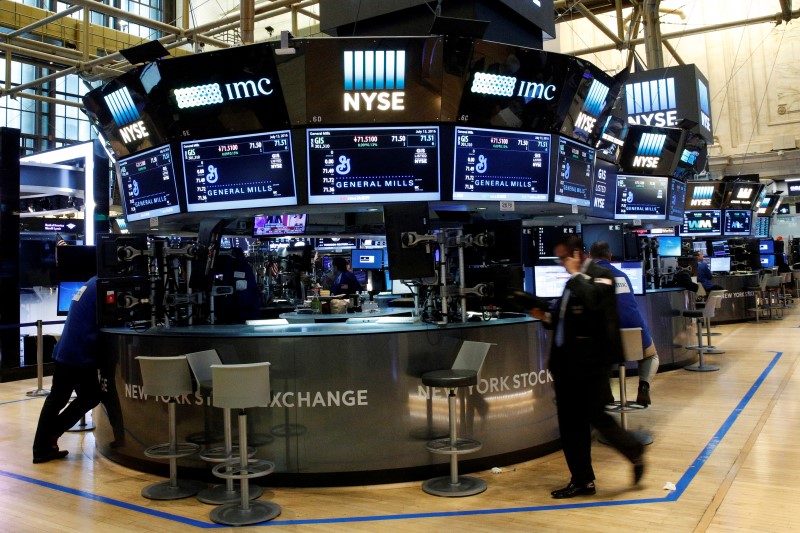By Nigel Stephenson
LONDON (Reuters) - The dollar strengthened against the yen on Monday and oil prices rose as investors unwound safety trades after the failed coup in Turkey while SoftBank Group's $32 billion deal to buy British chip designer ARM Holdings lifted European equities.
Turkish shares (XU100) fell 3.5 percent on Monday but the lira
Investors had initially bought safe-haven assets such as the yen, gold and U.S. Treasuries on reports of the coup but these trades were largely unwound on Monday.
The yen
"The scenario looks a bit calmer now ... so we're back to thinking about the sort of policy outlook that had the yen falling against the dollar last week," said Jeremy Stretch, head of currency strategy at CIBC in London.
Gold
Crude oil, which initially fell as the Turkish army said it had seized control in a country bordering Syria, Iraq and Iran, edged up on Monday. Brent crude (LCOc1), the international benchmark, was 8 cents higher at $47.69 a barrel.
"The market is looking past the coup," said Ric Spooner, chief market analyst at Sydney's CMC Markets. "There is no disruption to shipping. There is nothing in terms of short-term risk (to oil supply)," he said.
Istanbul's Bosphorus Strait, which handles about 3 percent of global oil shipments, reopened on Saturday after being shut for several hours on Friday.
European shares opened higher, led by a surge of almost 45 percent in ARM Holdings. SoftBank (T:9984) will pay 17 pounds a share for ARM - a premium of more than 40 percent to Friday's closing price.
ARM (L:ARM) last traded at 1,708 pence, up 44 percent. Japanese shares were closed for a holiday.
The pan-European STOXX 600 index (STOXX) was up 0.7 percent and the FTSEurofirst 300 (FTEU3) gained 0.6 percent.
For Reuters new Live Markets blog on European and UK stock markets see reuters://realtime/verb=Open/url=http://emea1.apps.cp.extranet.thomsonreuters.biz/cms/?pageId=livemarkets
MSCI's broadest index of Asia-Pacific shares outside Japan (MIAPJ0000PUS) added 0.3 percent, having reached its highest in almost nine months last week. Australia (AXJO) rose 0.5 percent. Chinese shares <.SSEC> fell, led lower by real estate and construction shares after data showed growth in house prices slowed last month.
U.S. stock index futures (ESc1) (1YMc1) were up, indicating Wall Street would open higher after closing flat on Friday.
Yields on U.S. Treasuries, which were also in demand on Friday as the Turkish coup bid unfolded, were down on the day but up from Friday's closing levels. Ten-year yields
German 10-year yields
MONETARY EASING
Core government bond yields have been falling across the developed world, with many turning negative, in anticipation of monetary easing to help ignite weak growth and inflation.
The European Central Bank meets this week and while no change is expected this time, further steps are seen likely in September.

Investors also expect easier policy from the Bank of Japan and the Bank of England while markets price in little chance of any hike in Federal Reserve interest rates this year.